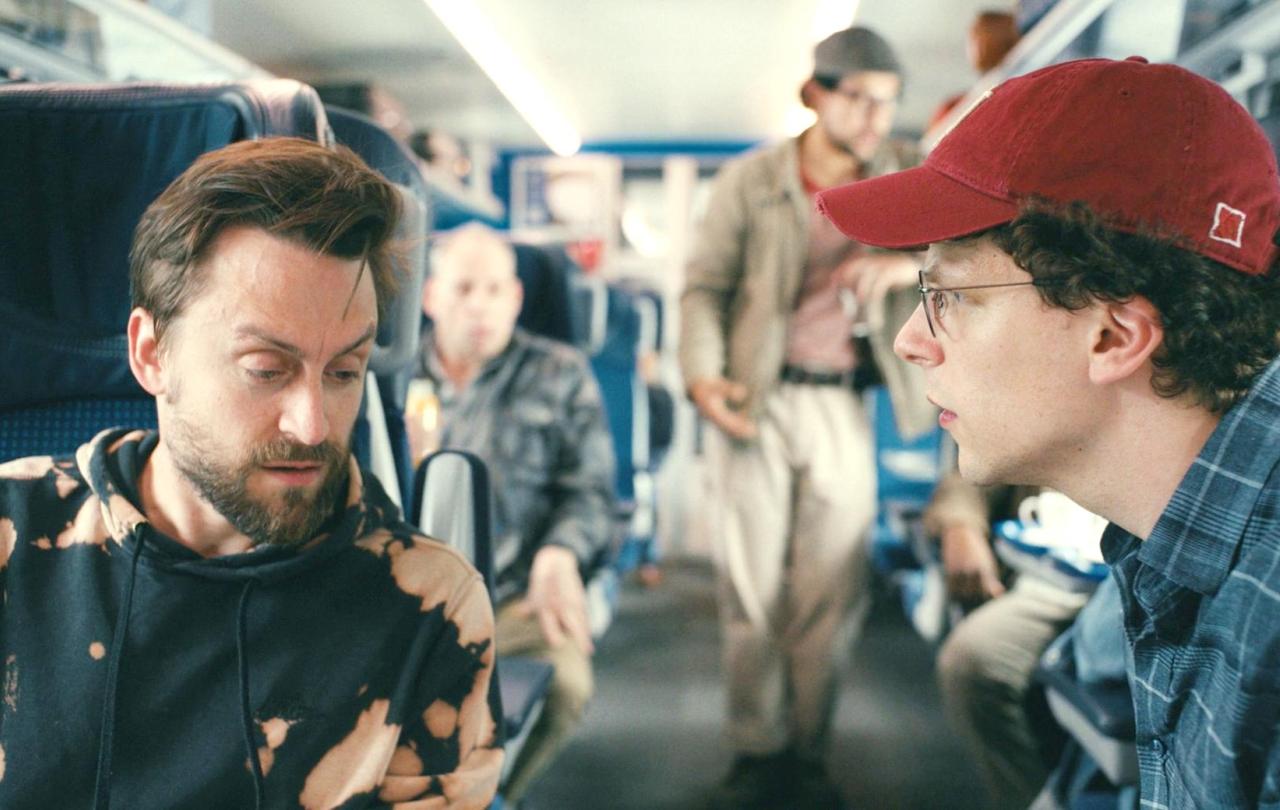
This article was first published in February 2024
It’s Valentine’s Day yet again – the annual commercialised binge of flowers, chocolates, tacky pink cards and heart-shaped balloons. This year US consumers alone will spend an estimated $26bn expressing their yearnings for someone or something. A special person that will make their dreams come true, a magic chemistry that will bring meaning and fulfillment, or maybe just plain old-fashioned lust. Valentine’s Day provides an annual and unavoidable restatement of the message that the royal route to personal fulfillment and relational intimacy is mind-blowing sex and romantic endorphins.
A time traveller from a previous era would look at these excesses with astonishment. How was it that sexual ecstasy and came to be seen as the route to human fulfilment, meaning and intimacy? For most of our history, sexual attraction and coupling has been regarded as a relatively minor part of life. Important for reproduction and continuation of the species, no doubt, but hardly the meaning of existence.
There is a pervasive sense of relational deficit, a longing for genuine intimacy that remains unsatisfied.
Dr Freud, obsessed with the hydraulic metaphors of the age, invents the idea of libido, a powerful but unruly fluid which provides the ultimate motive force for the personality. Sexual repression is essential to civilization but also the source of neurosis and other discontents. For decades Freudian psychology remains a minority interest for psychotherapists and creative artists but with the rise of the sexual liberation movement in the 1960s, the invention of the contraceptive pill and the commercial exploitation of sex for marketing, it has become the unquestionable orthodoxy of the age. The conviction formed that sex in all its forms is good for psychological health, that control and frustration of sexual drives leads inexorably to mental illness. That celibacy is a deeply unrealistic and potentially dangerous state, that the impulse for sexual pleasure lies behind much if not all human motivation, that our very identity is defined by our sexual drives and interests – these seem to be such obvious and scientifically authoritative ideas as to be self-evident and unchallengeable. They are part of the agreed presuppositions of twenty-first century culture, and they are all traceable to Freud. Valentine’s day is the ultimate celebration of libido in all its multifarious forms.
But for many of us, February 14th is a painful reminder of what we don’t have. Whether unattached but aching to be romantically involved, or trapped in a dysfunctional relationship, the glossy merchandise packing out the supermarket aisles only seems to twist the knife. Surveys have indicated that half of UK adults report feeling lonely, and seven percent of the population experience ‘chronic loneliness’. The popularity of transactional dating apps, and the surprising rise of simulated AI partners, reflect a desperate longing for something, a relationship that will satisfy our deepest yearnings, bring purpose and fulfillment. There is a pervasive sense of relational deficit, a longing for genuine intimacy that remains unsatisfied.
It is friendship with its genuine concern and caring for the other that must absorb our pain and meet our needs, just as we, in turn, meet the needs of others.
How can we recover and celebrate an older, deeper and more lasting form of intimacy between human beings? To the writers, sages and philosophers of the past, friendship - covenantal, committed, intimate, self-disclosing - was the highest form of human love. To Cicero, friendship was the most joyful gift of life and those who deprive life of friendship ‘seem to take the sun out of the universe’. To JC Ryle ‘Friendship halves our troubles and doubles our joys.’
Our culture’s tendency to read a sexual dimension into all close adult relationships, implies that we have forgotten that non-sexual and yet powerfully intimate, joyful and committed unions can exist between two people. Healthy covenantal friendship, in which our deepest fears, vulnerabilities and longings can be accepted, seen, known, and loved by the other, is inexpressibly beautiful and life-affirming, a form of intimacy which is open to all, unlike marriage or romance. Friendship is the love that our relationally malnourished, lonely society cries out for. Where so many in our society lack biological family or marital ties, it is friendship with its genuine concern and caring for the other that must absorb our pain and meet our needs, just as we, in turn, meet the needs of others.
Romantic love and sexual attraction have their place in our lives, but they have become twisted out of proportion and made into ultimate goals. Sex was never designed to bear the weight of every human need and desire. In a strange and poignant quirk of the calendar, this year Valentine’s Day coincides with Ash Wednesday, the first day of Lent, a reminder of mortality and death -ashes to ashes - but also the first day of the great Lenten journey which leads to Easter sacrifice and resurrection. It’s a reminder that ultimate meaning for human beings made out of dust may be found not in libidinous excess but in love and hope that affirm and transcend our mortality.





